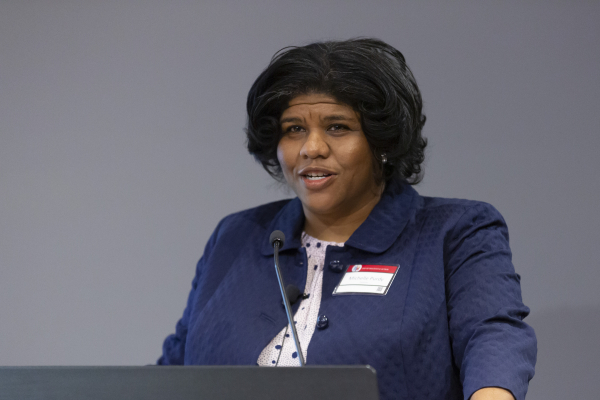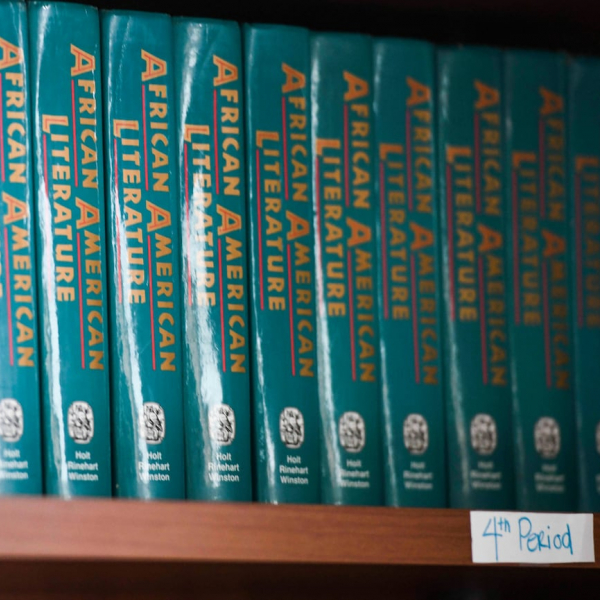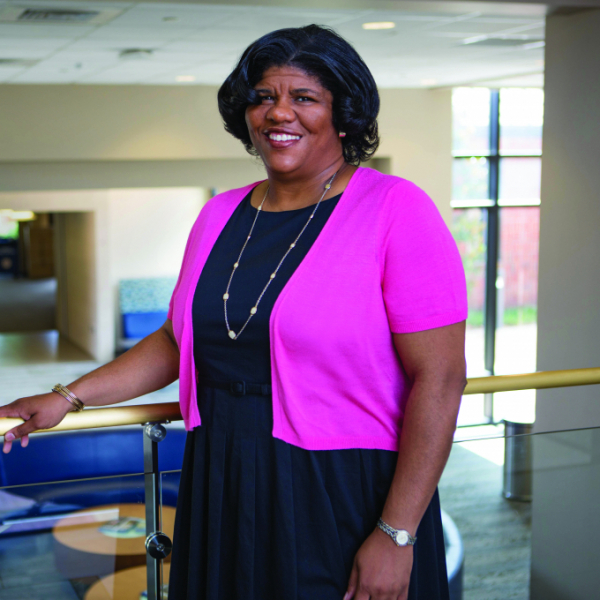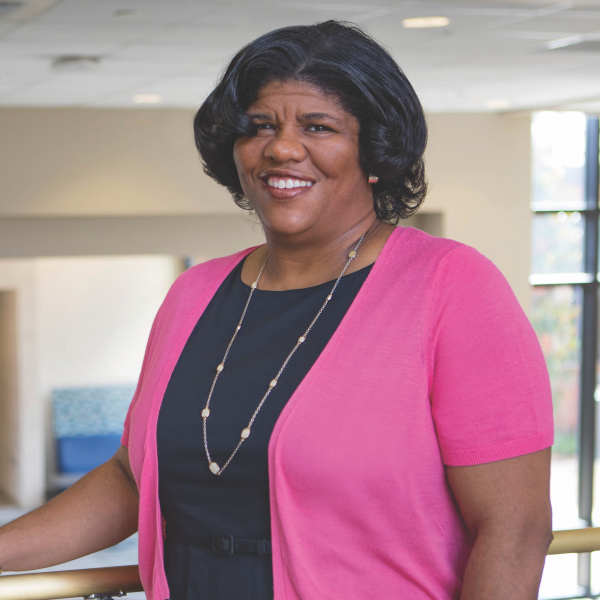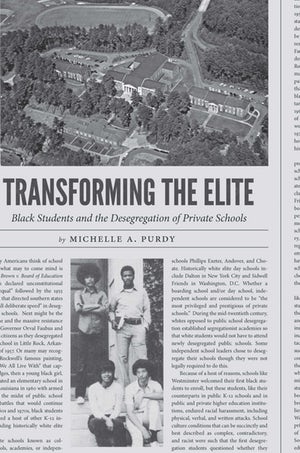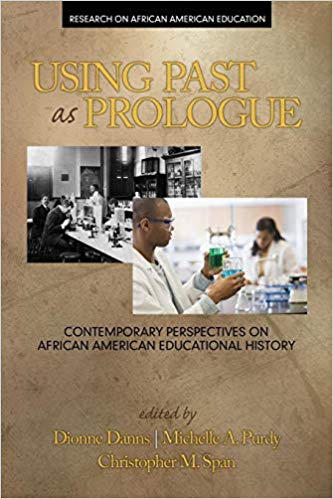Professor Purdy's specialties include the history of U.S. education, the history of African American education, the history of school desegregation, and the history of policy, access, and opportunity.
Dr. Michelle A. Purdy is author of the award-winning book Transforming the Elite: Black Students and the Desegregation of Private Schools (University of North Carolina Press, 2018). Transforming the Elite combines social history, policy analysis, archival research, and oral histories to re-create an overlooked history about how Black students courageously navigated and challenged institutional and interpersonal racism as they desegregated historically white elite private schools (or independent schools) in the 1960s and 1970s. Focusing on the experiences of the first Black students to desegregate Atlanta's well-known The Westminster Schools and national efforts to diversify private schools, this book showcases educational changes for Black southerners during the Civil Rights Movement including the political tensions confronted, struggles faced, and school cultures transformed. This history foreshadows contemporary complexities at the heart of the Black community's mixed feelings about charter schools, school choice, and education reform.
Purdy is also co-editor of Using Past as Prologue: Contemporary Perspectives on African American Educational History and “African American Education, Civil Rights, and Black Power,” a special issue of The Journal of African American History. Her scholarly work, including articles and reviews, is featured in journals such as History of Education Quarterly, The Journal of African American History, and American Journal of Education and in edited volumes including The Power of Resistance: Culture, Ideology, and Social Reproduction and The Crisis of Race in Higher Education: A Day of Discovery and Dialogue.
Purdy has written for The Washington Post on elite institutional culture and Black students and African American studies and academic freedom and Washington University’s Center for the Humanities on universities, education, and the public good. She has been featured in The New York Times about the increasing enrollment at HBCUs and in Teen Vogue on race and college admissions as well as on podcasts and in radio interviews. In addition, Purdy has spoken at colleges and universities including Yale University, Stanford University, Teachers College-Columbia University, the University of Pennsylvania, and Jackson State University, and at independent schools including The Dalton School, Episcopal High School, St. Andrew’s Episcopal School, and New City School.
Purdy earned her A.B. in educational studies and African and African-American studies and M.A. in history from Washington University in St. Louis, and Ph.D. in educational studies from Emory University.

